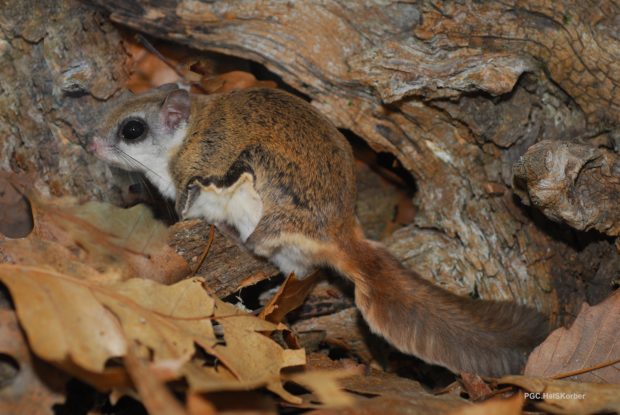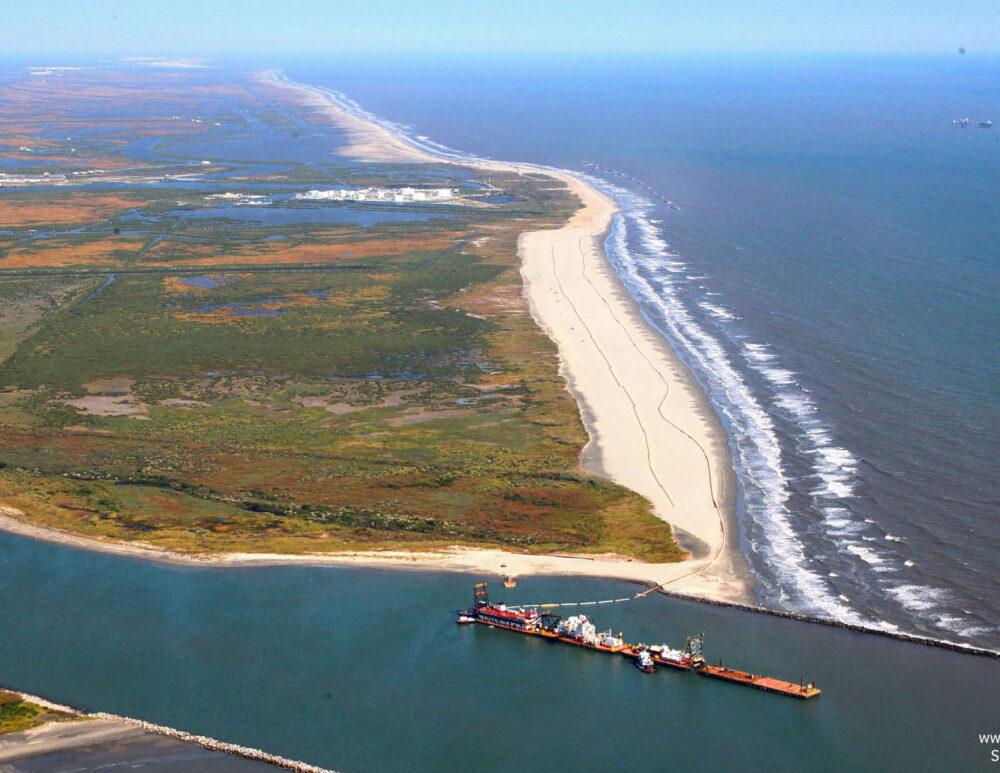We have much more to do and your continued support is needed now more than ever.
EPA Administrator Sets New Policy, Declares Treating Biomass as “Carbon Neutral”

Administrator Scott Pruitt recently broke from the science community to announce that the Environmental Protection Agency would turn a blind-eye to carbon pollution from biomass. This decision upended a scientific effort to determine how much wood and other biological material contribute to global warming when burned to generate energy. Species that are already suffering from the impacts of climate change will be further impaired, such as the Karner blue butterfly, whose reproductive cycle is particularly challenged by variability in seasonal weather. The Administrator’s anti-science decision comes with many consequences that slow progress for sustainable biomass.
Undermining the Experts
The EPA’s own Science Advisory Board began evaluating this topic in 2011. The task proved challenging — although renewable energy sources like wind, geothermal, hydro, and solar do not produce carbon pollution when generating electricity, the same cannot be said for biomass. When combusted, biomass emits carbon pollution at a greater rate than even coal. Over time, however, new plant growth absorbs carbon from the atmosphere. It is this time delay, between emissions up front that are offset by photosynthesis down road, that stymied the scientists for several years. How should the agency’s climate policies count biomass emissions if their benefits are not accrued for years to come?
It was only recently that the Science Advisory Board honed in on a prospective solution. Since different types of biomass take varying amounts of time to prove beneficial, the board would provide climate timetables for each type of biomass — from wood chips to pellets to captured landfill gas. The EPA could then use this scientific assessment to fit biomass into their respective policies.
Administrator Scott Pruitt’s announcement has negated years of scientists’ work on this nuanced issue. Now, all types of biomass will be counted as if they do not produce any carbon at all.

Is Biomass “Carbon-Neutral”?
The Science Advisory Board explicitly stated that biomass is not carbon-neutral. Nonetheless, Pruitt’s new policy asserts that it is. The EPA will now view all biomass emissions as if they have no impact on global warming. So, is there backing to Pruitt’s claim?
We wondered this ourselves. In 2012, the National Wildlife Federation and Southern Environmental Law Center commissioned a report to study emissions from biomass specifically from the southeast United States. Our study found that this biomass takes 35-50 years before even showing better performance than fossil fuels. This time-delay invalidates the benefits of biomass—carbon reductions in the distant future are meaningless if climate change has already triggered irreversible tipping points.
That said, we should not write-off biomass entirely. There are forms of biomass that have climate benefits that manifest relatively early. For instance, waste wood from saw mills that would have been left to decay is a source that has a short turnaround time before seeing a climate benefit. Forest residues left after a harvest can have a similarly positive report card, as long as they incorporate best management practices to maintain habitat and water quality. On the other hand, harvesting whole trees for energy can take a much, much longer time to benefit the climate. Pruitt’s policy falls short in distinguishing biomass that requires a long time to recoup climate benefits from promising biomass that has a quick, beneficial return on investment.

The Implications
The EPA does not have a central strategy to reduce carbon pollution, so why does Pruitt’s policy matter? As the EPA does implement climate policies like the Clean Power Plan, all biomass will be treated as if it benefits the climate. As we now know, all biomass is not the same. Forms of biomass that are conducive to a stable climate is liable to be undercut by biomass that is counterproductive.
As society shifts away from fossil fuels, high-pollution types of biomass have the potential to waylay this transition to a low carbon future.
The European Union has similarly classified biomass as carbon neutral, leading to some of the most startling instances of habitat destruction as they import wood pellets from the southeast United States.
Carbon pollution is a major threat for the prosperity for Americans and our wildlife. The Supreme Court ruled in 2007 that carbon dioxide is a pollutant that threatens public health and safety by contributing to global warming. By overriding science and declaring that carbon from biomass has no impact on the climate, Administrator Pruitt is closing the door on better forms of biomass and paving the way for practices that compromise climate action.




















